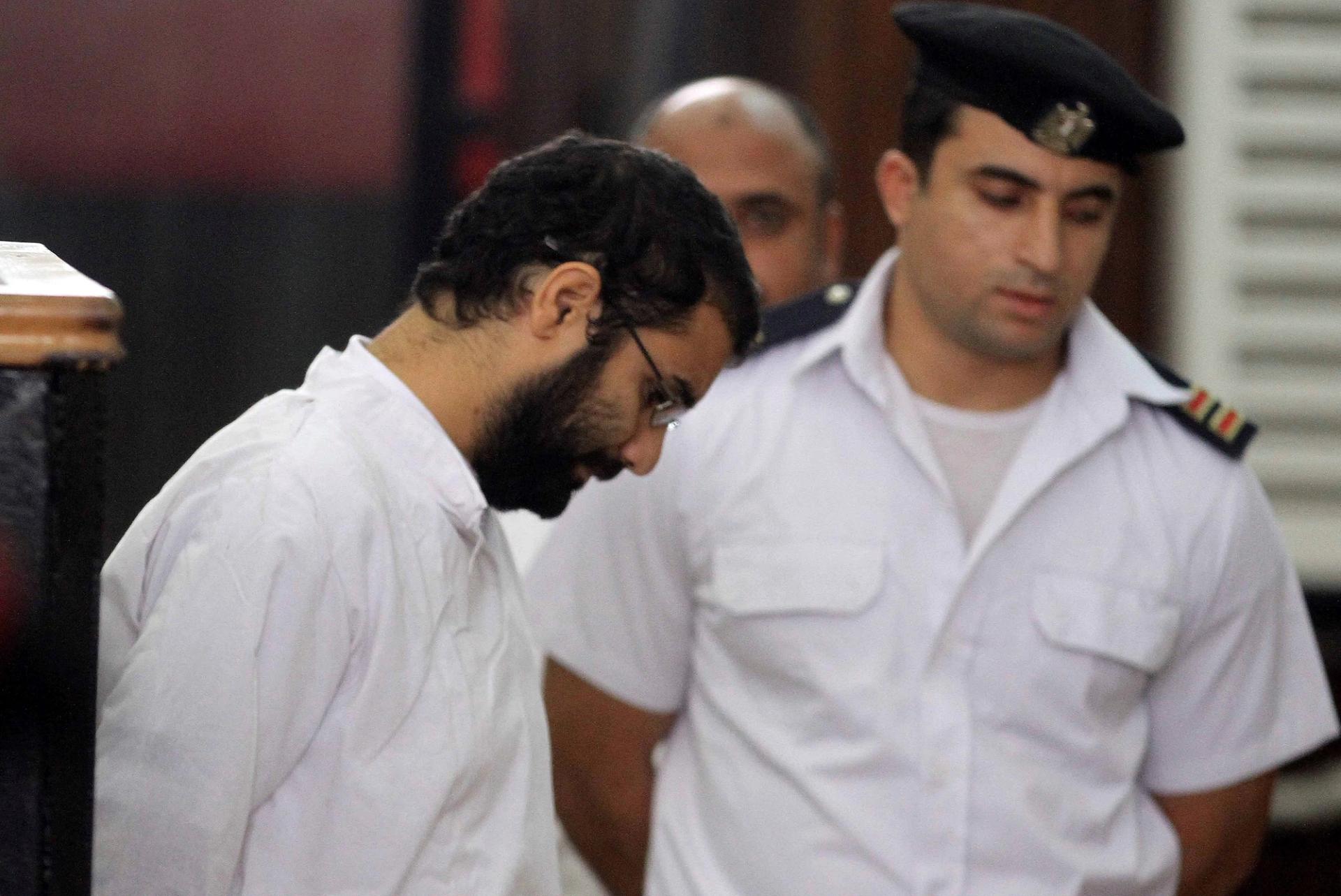The News
The family of British-Egyptian activist Alaa Abd el-Fattah said his health had “deteriorated severely,” after they were allowed to visit him in an Egyptian prison days after he ended a months-long hunger strike.
“When we saw him today, he was exhausted, weak and vulnerable. He was very, very thin,” the family said in a statement Thursday.

Know More
After being denied access for nearly a month, this was the first time Abd el-Fattah’s family was able to see him in prison since Oct. 24.
They said that “no negotiations” or “promises” had been made from the authorities regarding the 40-year-old’s release.
“Alaa came close to death inside, but decided to reach for life,” the statement read. “He will have no choice but to resume his hunger strike imminently if there continues to be no real movement on his case.”
The note from the activist’s family also revealed graphic details from September, when Abd el-Fattah was forced to take a medical examination. Medics refused to officially note down that his health was deteriorating due to his hunger strike.
After falling unconscious last week surrounded by his cellmates, he decided to cease his hunger strike.
“He was frail, vulnerable and emotional,” Abd el-Fattah’s sister Sanaa Seif wrote on Twitter.
The pro-democracy activist is one of Egypt’s estimated 60,000 political prisoners. He is currently in prison for allegedly “spreading false news.” He began his hunger strike in April, consuming only 100 calories a day, in an attempt to persuade authorities to release him.
Weeks ago, coinciding with the COP27 summit in Egypt, he had escalated his hunger strike by refusing water.